The year without summer
Febuary 2020
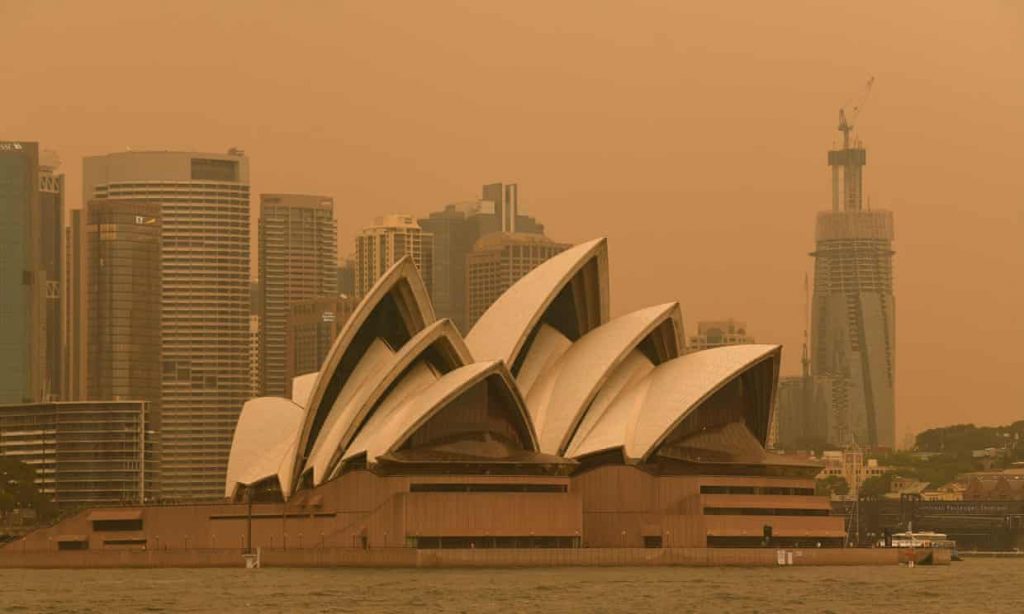
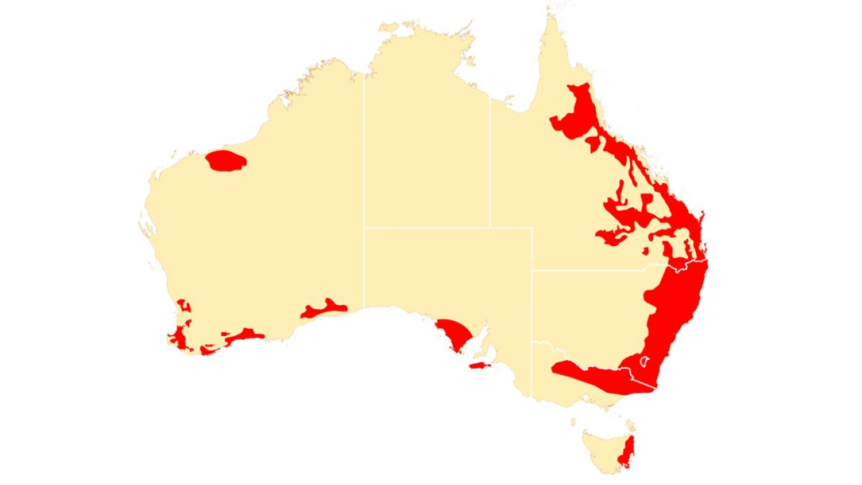
A coastal city par excellence, Sydney is known to empty of residents during summer, allowing those few staying in town, as well as visitors, to fully appreciate the charms of antipodean living. However, as this summer draws to an end, there are few halcyon beachside memories to take into autumn. A catastrophic bushfire season has seen over 11 million hectares of Australian landscape ablaze, causing real and widespread suffering. Sobering, unfair, and urgent, the summer of 2020 has been a perilous period in Australian history. It is against this backdrop that A Sullen Perfume, by Sydney-based artist Dean Cross, emerges.
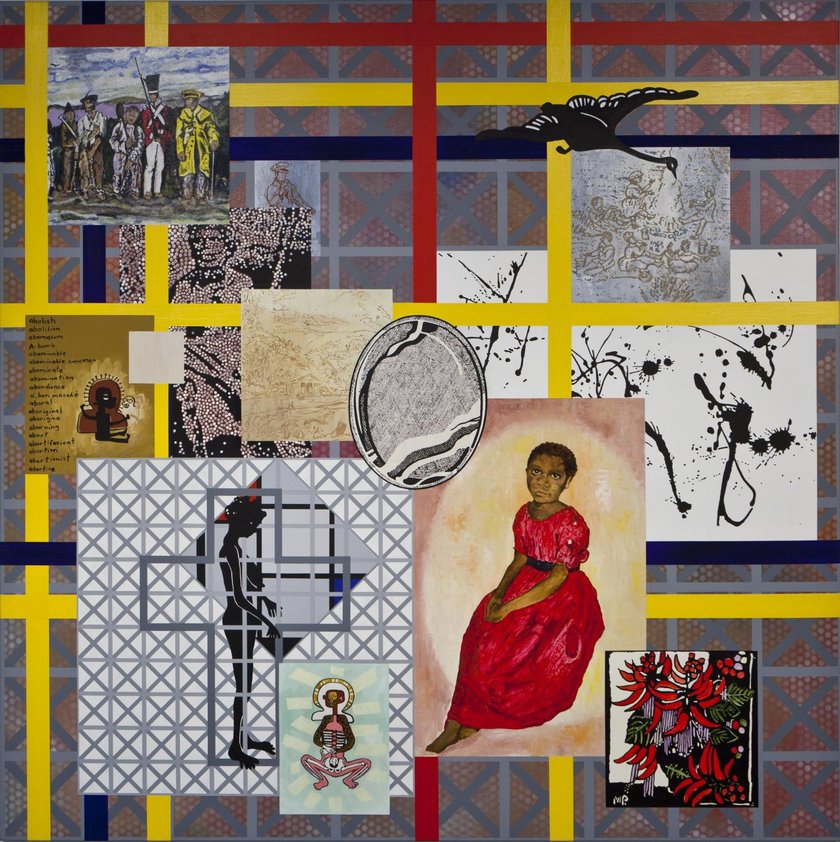
The various paths charted by artists and historians alike while they traverse through Australian history reveal historical terrain seeded with bitterness, sorrow, and outrages against Indigenous communities. This is compounded by the fact that Australia’s troubled and troubling relationship with its Aboriginal inhabitants has almost entirely been told by its colonisers. It is apt then, that Yavuz Gallery has invited Cross to develop a suite of landscapes rooted in his sensitivity and knowledge of Country for their fourth exhibition in Sydney. Cross follows a lineage of Australian Aboriginal artists who offer an unsparing reckoning of their country’s past, like Gordon Bennett (1955 – 2014). Already, Cross has exhibited in a number of high-profile group exhibitions, including Tarnanthi at the Art Gallery of South Australia (2017) and the prestigious Indigenous Ceramics Prize at Shepparton Art Museum (2018).
Born and raised on Ngunnawal/Ngambri Country and of Worimi descent, Cross spent his formative years on a farm near Canberra. There he experimented with painting while training as a professional dancer. He likens his painting process to developing a choreographic composition: “When you make dance, it often starts with a gesture, a waving of the hand. It has no inherent meaning, but once you add in other gesture, a nodding of the head, you develop a relationship. And that’s how I’ve built up the works in this exhibition.” In this way, Cross relates disparate pieces of material, studies, and elements to assemble paintings with discontinuous narratives that are both finely controlled and complex, creating, in this case an undertow of anguish.
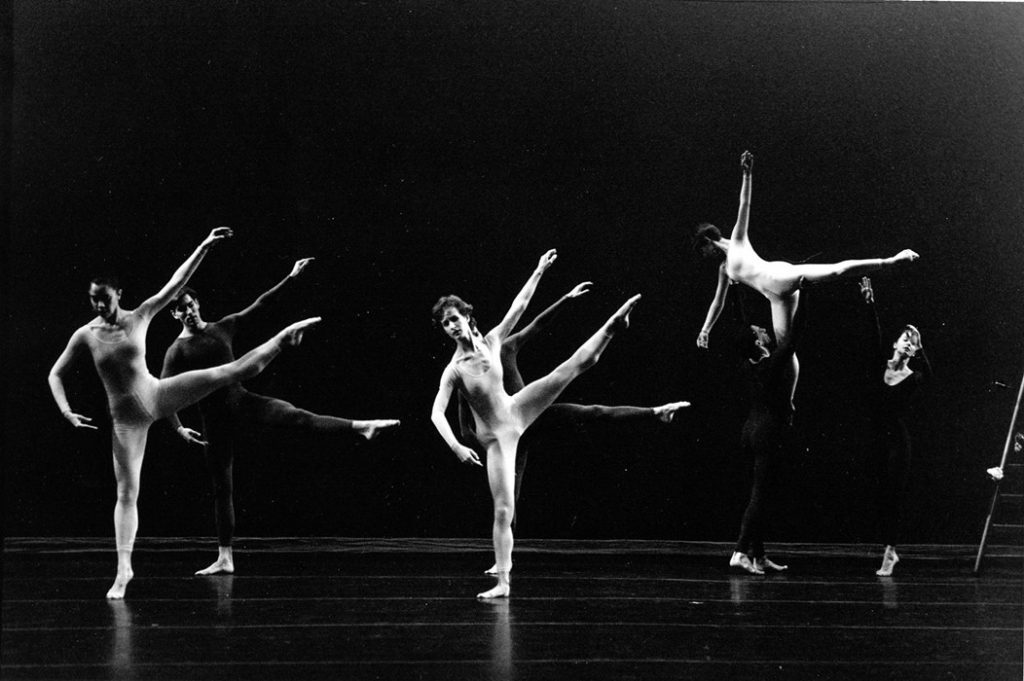
Cross describes the exhibition’s mood as symptomatic of a broader society awash with unrest. As climate crisis devours our coastlines, drought withers our farmlands, and fires ravage our forests, Cross attempts to make sense of our ecological, cultural, and political reality. Rather than creating art that is an emblem of excess in a stratified society of haves and have-nots, he is motivated to make decisions and take actions that inform, inspire, and elevate the public conscience. Here, Cross uses abstraction as the means to lay bare the disquieting truths beneath the surface of the ‘lucky’ country. He imparts, “every Aboriginal person is a landscape through their connection to Country and so every self-portrait can be read as a landscape”. The works in A Sullen Perfume are a search for catharsis, and a way of dealing with the unfolding events before Cross.
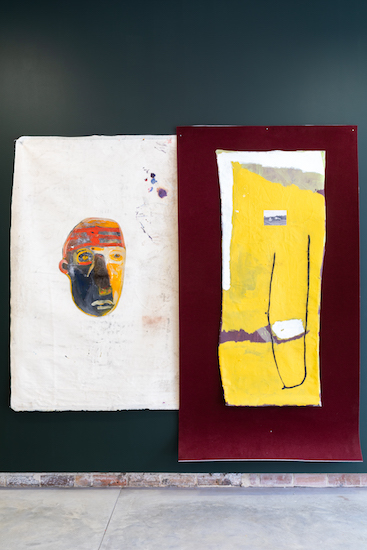
You, Me, Us + Them, (2009 – 2019) comprises of an abstracted aerial landscape, set against oxblood and yellow painted planes of canvas, alongside a Fauvist-coloured head that hovers in the midst of a parchment coloured, sun-baked panel. The combination of these elements suggests a narrative, rather than imposes a strict reading. We ask: Who owns this head whose expression seems to tug at tragedy? What is the significance of a horseshoe shape against a vast plane of thick mustard yellow? When was this photograph taken? By working in this way, Cross offers his audience a world of suggestion, allowing them to interpret, and in a way, co-produce and finish the work of art. Cross admits that he is much less interested in plot than in the creation of a sense of momentum, an emotional velocity. Interestingly, the respective components of his paintings have followed him around the globe over the past ten years as he has repeatedly worked the recto and verso of the material. Deceptively simple, these compositions are in fact an accretion of detail and of nuance containing special oddities.
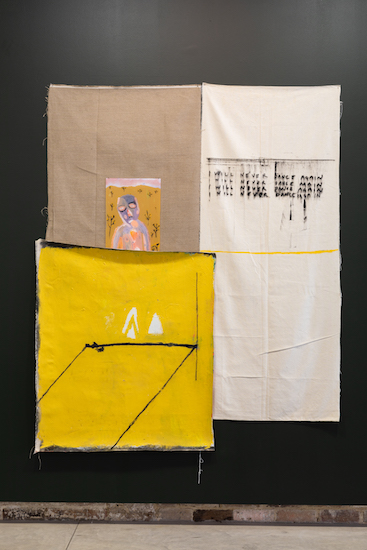
I WILL NEVER DANCE AGAIN, (2019)builds on this aesthetic language, while introducing text, a recurring motif in his work. The phrase, ‘I will never dance again” is scrawled repeatedly in a dark inky font that bursts with frustration. When asked, Cross explains that this element is autobiographical: “There’s no more dancing in the world. Dance has an inescapable joyfulness to it. And at this moment, it is at stake.” Cross continues to use text to add powerful texture to his paintings in Mine/Mine, 2019. Comprised of a visual pun wrapped in a homophone, the work draws attention to the politics of mining practices and its impact on Indigenous communities.
In the suite of drawings COUNTRY (2019), Cross continues testing poetic potentials of positive and negative forms of colour. He explains that, “we have a tendency to not properly look at the world around us. We’re so mediated and disconnected from what’s in front of us with our digital distractions, that we tend to completely miss the point.” It is for this reason that Cross relishes these works in the exhibition: they are pure, potent and full of potential, drawing upon autobiographical signifiers from his family farm, from dance, and from Country. As with any good abstract expressionism, the paintings succeed in conveying profound human feeling while also refusing reductive explanations.
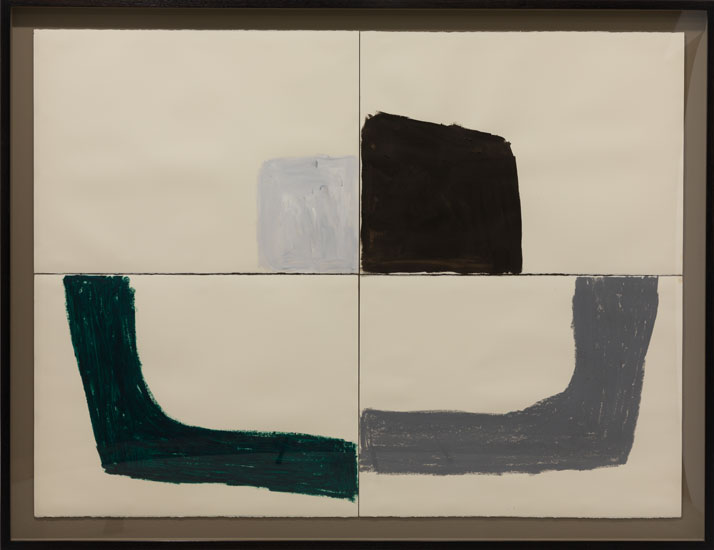
As we settle into the year, Australia finds itself in a cultural, political and ecological maelstrom. Dean Cross’ A Sullen Perfume is an invitation to ask ourselves probing questions to make sense of the world around us. In a series of works that are as much public or political as they are private or personal, Cross refuses give us a straight answer. This is precisely the point and half the task. If we dare to look at Australia’s past history for guidance in the next decade to come, the exhibition confirms that making sense of it all is hard enough, and ponders, perhaps making things different could well be impossible.
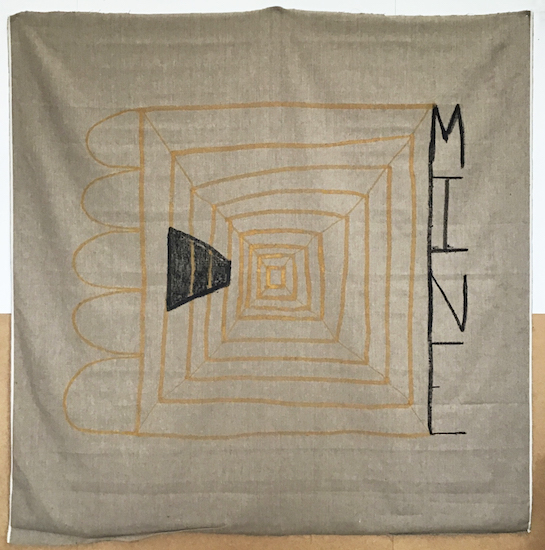
END.
This text was originally commissioned and published by Yavuz Gallery.